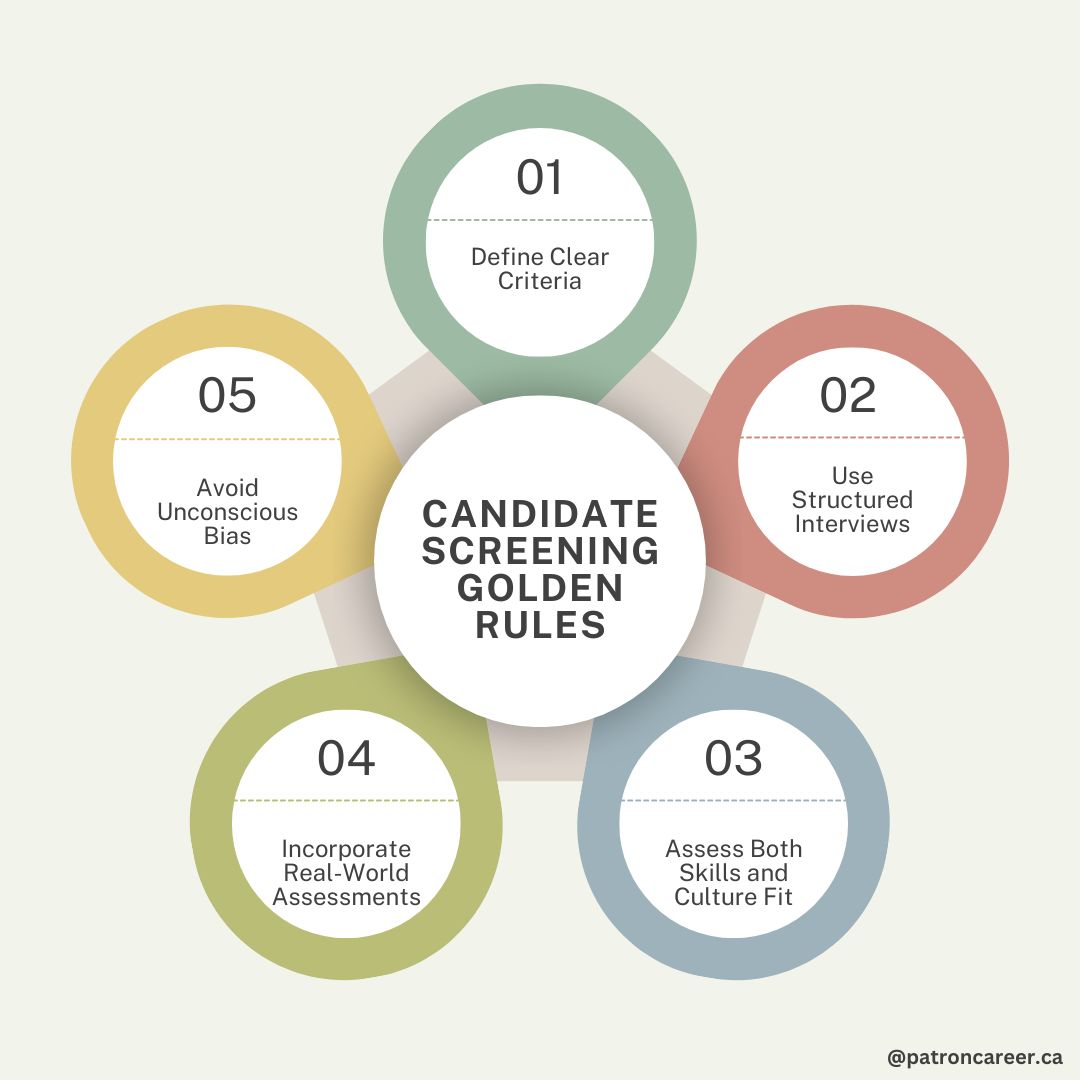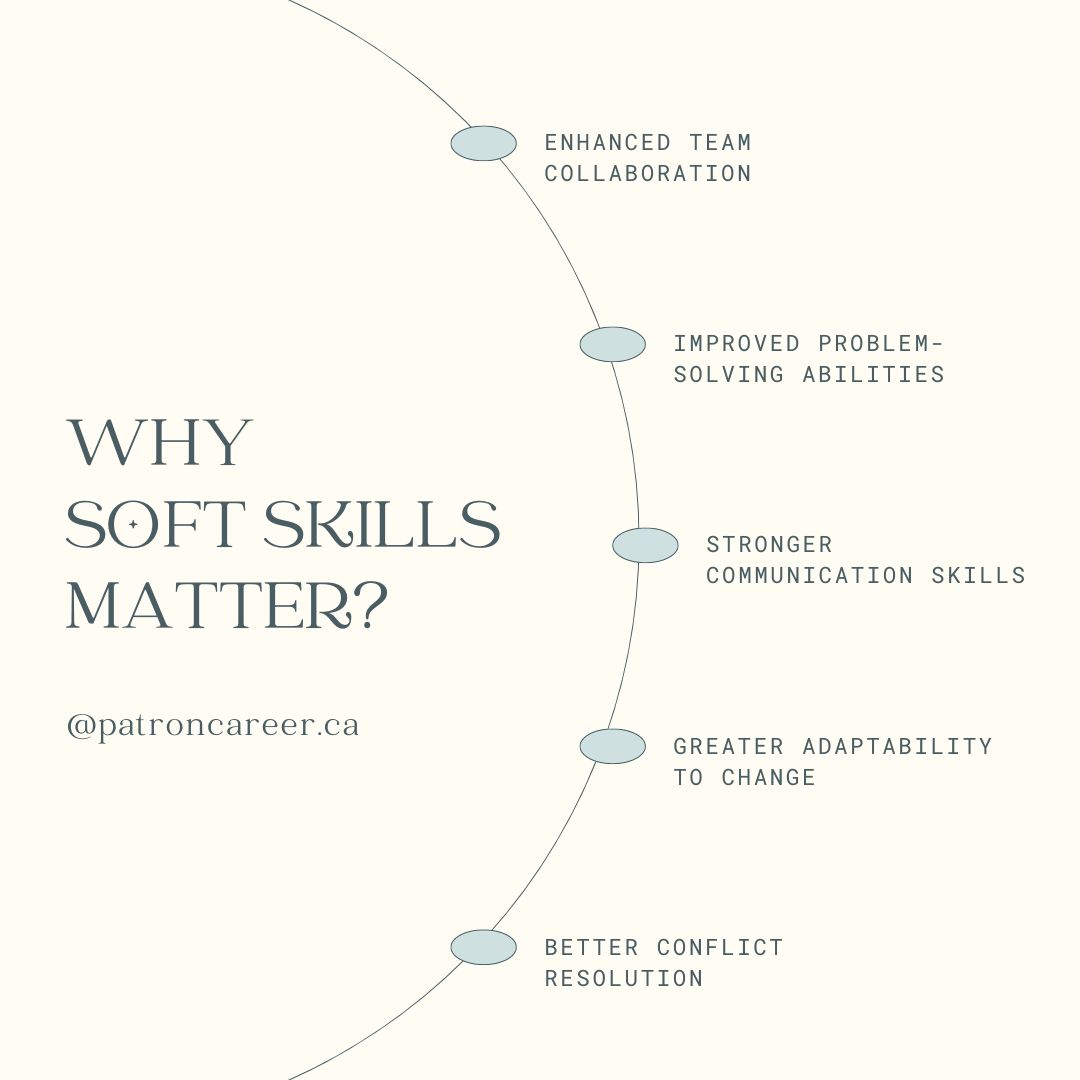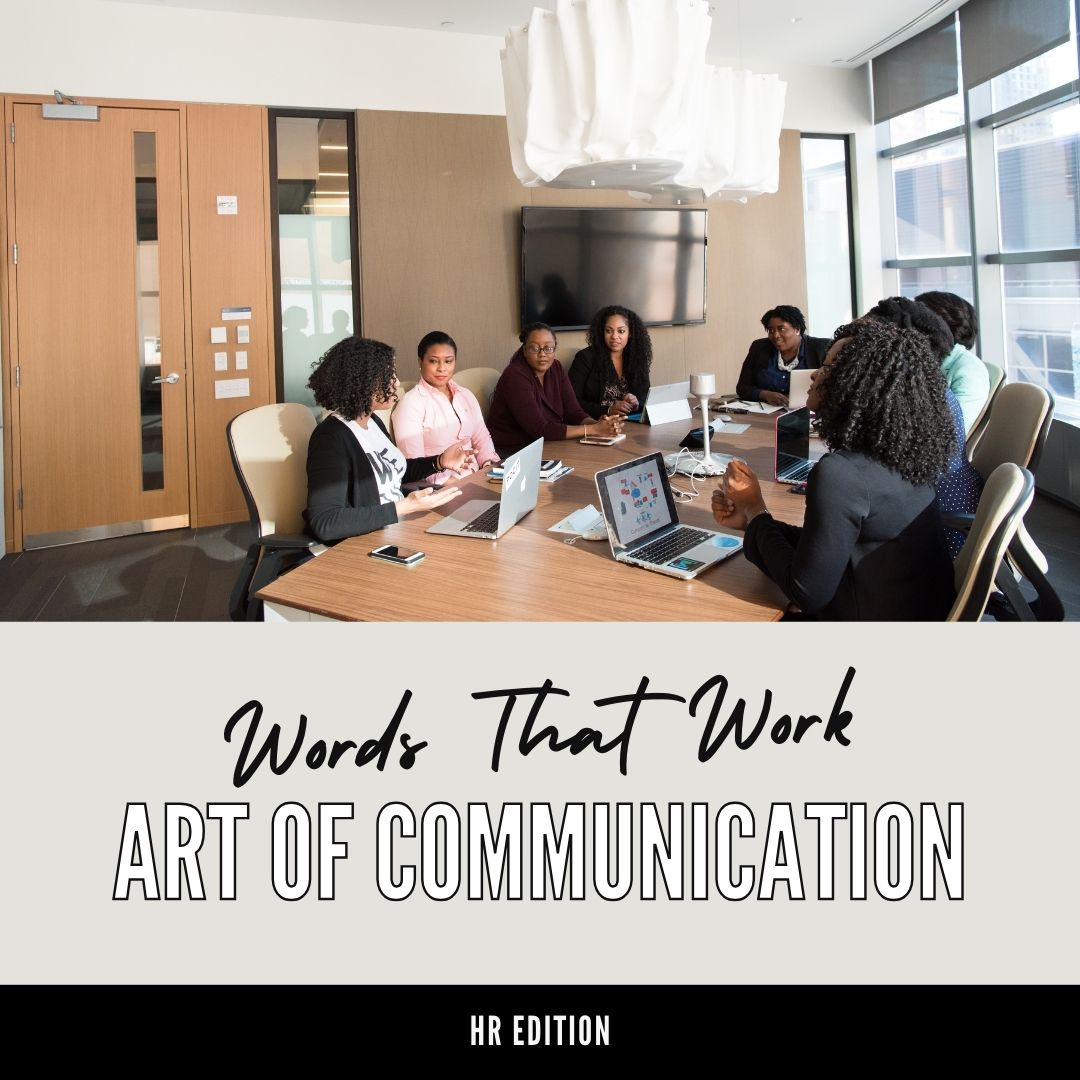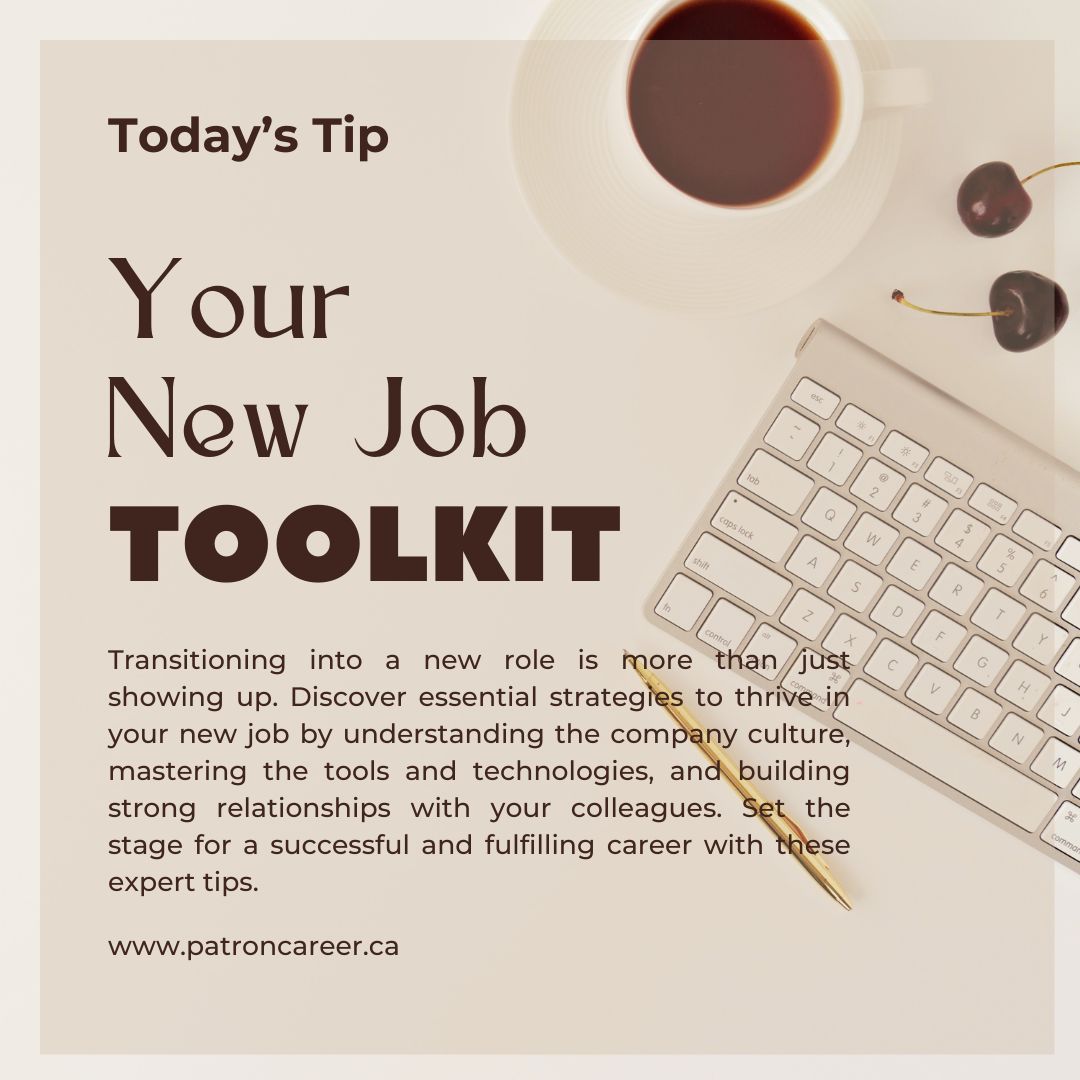5 Hiring Mistakes and How to Avoid Them
Effective screening is paramount to hiring the best talent and retaining a successful and sustainable business. Today’s fiercely competitive job market has made it challenging for hiring managers to find the perfect candidate who checks all the requirement boxes. A company needs qualified candidates with the topmost potential to drive innovation and build repute.
Most often, a strong resume showcases a candidate’s qualifications. Still, it is the screening process that digs deeper, identifying whether they possess the apt skills, potential, and cultural fit required to succeed in the role. However, determining the right talent can be more like squeezing water from a stone if you are unaware of the most common mistakes that recruiters make. It can not only cost you money but shed away your chance of securing the right fit.
So, how do you go about screening candidates to identify top talent? This article will highlight common pitfalls recruiters face and solutions that will enable you to consistently identify the right candidates.
Let’s work together to make the candidate screening journey seamless and flawless.
The Weight of Effective Screening: Why It's Crucial to Your Success
A structured and thorough screening process can put you ahead of the curve in securing the best candidates, provided you understand the importance of screening:
. Improved Quality Hires: Screening, if done correctly, enables you to evaluate candidates beyond what’s put on for a show that is their resumes. You can assess candidates on their technical aptitude, qualifications, experience, interpersonal skills, adaptability, and cultural alignment within the company.
. Helps in Retention: A company increases its retention rates by hiring candidates who fit the role and the culture, to increase their likelihood of long-term retention, engagement and loyalty.
. Employer Branding: A streamlined and fair hiring process speaks volumes about your company’s reputation. It will enable you to fetch top candidates and become an employer of choice.
. Reduced Costs Associated with Bad Hires: Recruiters know the ill-effects of replacing employees which are exorbitant money, time, and lower organizational morale. With effective screening, you can prevent bad hiring practices and maintain employees for longer.
Related: 5 Proven Strategies for Swift Hiring.
Common Mistakes to Avoid in Candidate Screening
One important tip to learning the art of candidate screening is that finding the wrong candidate is even worse than finding none at all. The process can seem straightforward, but here are certain loopholes even top recruiters fall into that are best avoided. Below are five such common mistakes and how to steer clear of them:
1. Relying Solely on Resumes
Companies that focus too much on resumes during initial screening tend to miss out on other important qualities that are not easily quantifiable. Resumes are perhaps a gateway to further exploration and not the sole criterion to base one’s judgments upon the candidate’s calibre to ace the role. A recruiter can know about a candidate’s work experience and technical skills but cannot get to know their collaboration, adaptability, and problem-solving skills. Some candidates even exaggerate their qualifications or add fictitious information that may mislead the hiring process.
The 7-Second Glance
Studies show that recruiters take an average of just 7 seconds to initially scan a resume. In this brief moment, they form an impression based on layout, keywords, and standout achievements.
How to Do It Right
Candidate screening should be more about making informed decisions and identifying candidates possessing exceptional skills and talents. That is where smarter hiring approaches such as skill assessments spring up. Consider using pre-employment tests and behavioural interviews that focus deeply on assessing candidates' mental abilities, personality, and aptitude for the proposed job role.
2. Overemphasizing Experience Over Potential
So often recruiters are tempted to focus on a candidate’s past job experience, especially if they have had a long work history in the same industry. But is this the right approach?
Traditional resumes only present a bird’s-eye view, which is not enough to hire a candidate for the long term. When hiring is based only on their degrees and experience, it causes recruiters to overlook candidates with raw potential who can excel if given the opportunity.
How to Do It Right
Designing a structured questionnaire, for one, can help recruiters hire for potential. Asking questions like ‘How can they help the company to grow’ or ‘How have you handled past challenges at work’ can be a great first start when hiring on the potential of candidates over experience.
3. Working Against Time
When companies undergo a pressurized cut-off to fill vacant positions, they most often simply rush through the process and skip important steps. It results in missing red flags, shortening interview time and neglecting interpersonal skill assessments. This is how a company ends up with a bad possible hire when there’s an urgency to find the right people at the right time.
How to Do It Right
Budgeting time can be a real alternative to solving this problem. Allocate time for each phase of the recruitment process, whether it is candidate vetting, conducting interviews or prepping final assessments for the candidates. Involving multiple team members in the decision- making process can also help ensure no important details are missed.
Possibly, take the help of a staffing firm like Patron Career Staffing and secure fruitful hiring by letting us guide you every step of the way.
Also read: How to Conduct Effective Video Interviews and Assess Candidates Remotely.
4. Neglecting Soft Skills
Interpersonal skills or soft skills are not something that should be ignored while selecting the best fits because they provide a comprehensive understanding of the potential hire’s empathy , leadership, communication and emotional intelligence. Technical skills only present you with a single layer of the candidate’s potential whereas, soft skills are the richness that you should actually be looking for in a candidate apart from the technical skills.
How to Do It Right
Integrate soft skill assessments, and situational and behavioral interviews into your screening process. It will allow you to hire qualitatively and not quantitively, zoning only on the technical qualifications of candidates. Ask questions to check their interpersonal skills, such as “Describe a time when you had to resolve a conflict in a team.” Alternatively, for customer-centric roles, choose to assess candidates based on role-playing exercises to reveal how they interact with clients or handle challenging situations.
Also, check out our Explanatory Guide to Recruitment in the Workplace.
5. Failing to Assess Cultural Fit
Cultural alignment is also most often ignored by recruiters, leading to bad hires. Candidates should be assessed to check whether they align with the company’s culture because if they don’t mesh well with the team and the broader organization, it sparks conflicts and affects employee morale.
How to Do It Right
Zero in your focus on evaluating the candidate’s values and work ethic. Check how well they will respond to working in teams by asking questions surrounding their work ethos and attitude toward collaboration.
Additional Tips for Better Candidate Screening
Great recruiters make great hires—true, but any recruiter can achieve the same by recognizing common mistakes and applying our tips to streamline the screening process and identify top talent more efficiently. Here are some quick tips:
- Test candidates with real-life scenarios and tasks to check how they perform in job- specific situations.
- A second opinion from other team members in the interview process might be helpful in the challenging world of recruiting.
- Replace traditional interviews with structured interviews that assess candidates on the same set of core questions.
- Make data-driven decisions by applying past hiring data to apply those insights to the current screening.
- Always look for more, by conducting social media checks on candidates for a heads up on those portraying professionalism and communication style outside the resume.
- Lastly, always ask for short video submissions for candidates before they come in for in-person interviews.
Elevate Your Hiring Game with Patron Career Staffing
Master the art of candidate screening by recognizing and addressing these frequent screening errors. Lastly, remember, every great team begins with a great choice. Let PCS be your hiring partner for efficient and effective recruitment.






